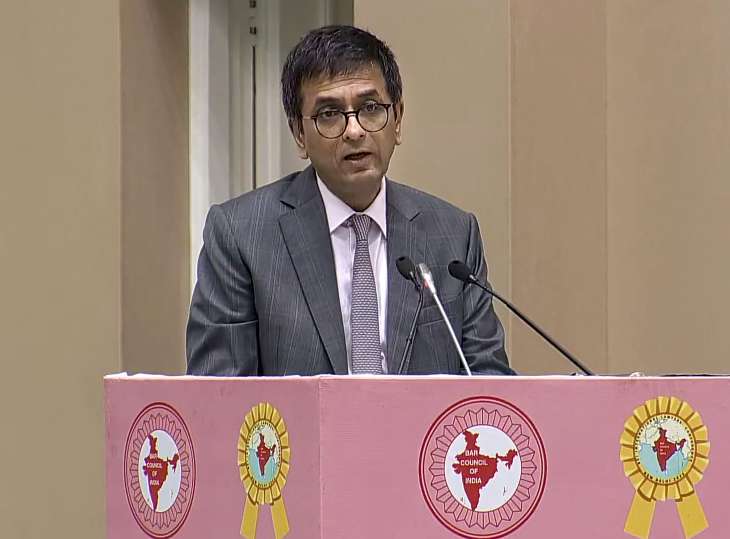
Observing that queerness is not an urban concept, CJI Chandrachud on Tuesday observed homosexuality is not restricted to the upper class of society. The CJI while pronouncing verdict on 21 pleas seeking legal validation for same-sex marriage also said it is for Parliament to change the Special Marriage Act and the court can’t make law but only interpret it.
“There are four separate judgements in the matter,” the CJI said and started reading out operative portion of his verdict.
KEY HIGHLIGHTS
- Homosexuality or queerness is not urban concept or restricted to upper class of society
- This court has recognised that equality demands that queer persons are not discriminated against
- All persons, including those queer, have right to judge moral quality of their lives
- Right to enter into union includes right to choose partner, its recognition; failure to recognise such association discriminatory
- Whether there is need for change in regime of Special Marriage Act is for Parliament to decide
- It would be incorrect to state that marriage is a static and unchanging institution
- To imagine queer as existing only in urban spaces would be like erasing them, queerness can be regardless of one’s caste or class
- This court can’t make law. It can only interpret it and give effect to it
- Law cannot assume that only heterosexual couples can be good parents as it would amount to discrimination against queer couples
- Ability to choose life partner goes to root of right to life and liberty under Article 21
- Centre, states, UTs to take steps to sensitise public about queer rights
- States, UTs to ensure that inter-sex children are not allowed sex-change operation at age when they cannot fully comprehend consequence
- CJI directs police to conduct preliminary enquiry before registering FIR against queer couple over their relationship
- Queer is a natural phenomenon known for ages, it is neither urban nor elitist
Latest India News
